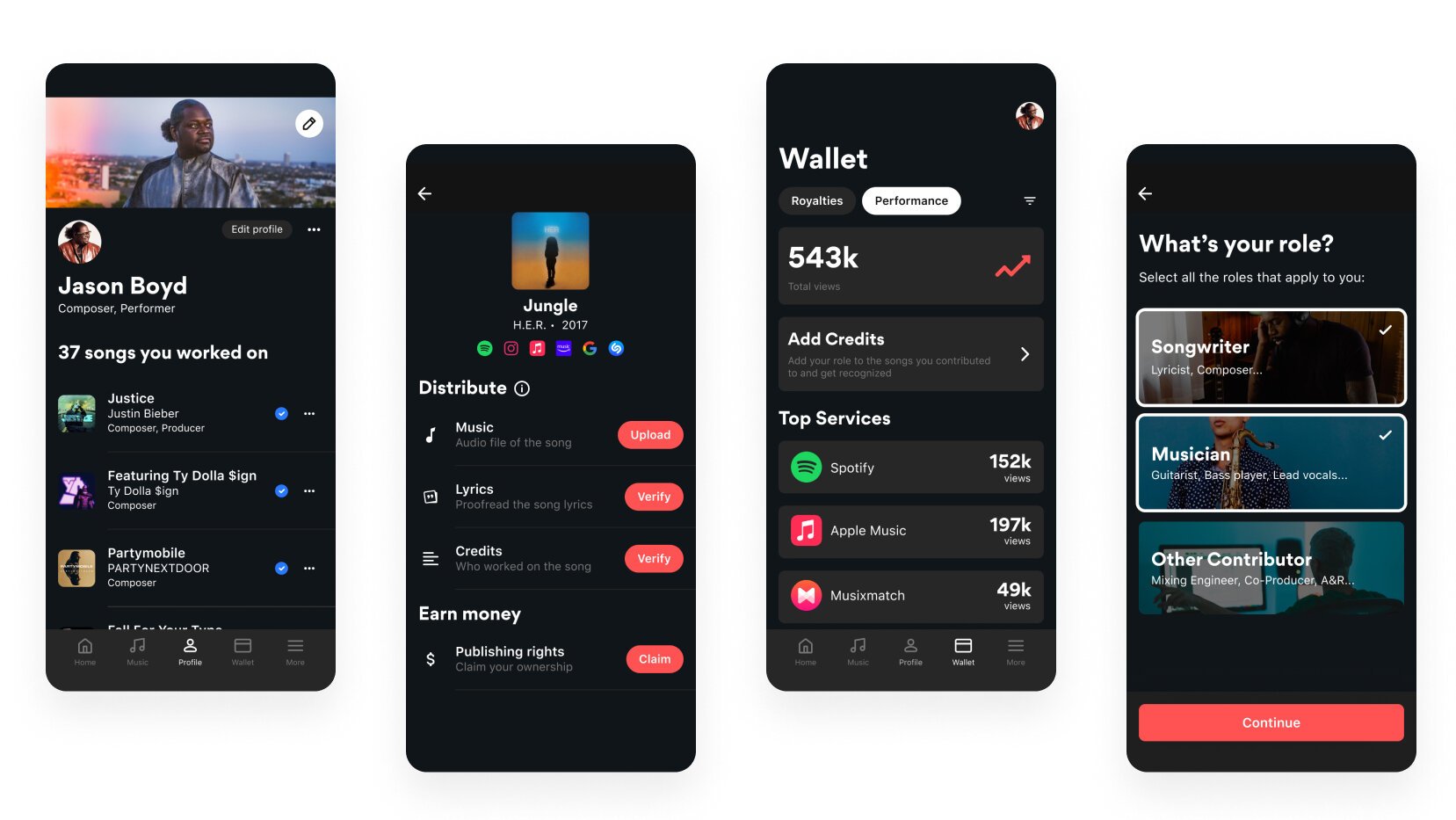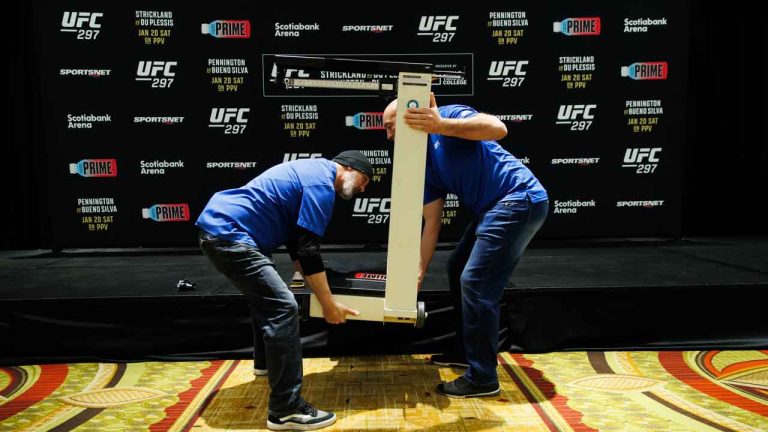Lyrics licensing company Musixmatch has fired back against rival LyricFind’s claims in an antitrust lawsuit involving the rights to license lyrics from publisher Warner Chappell Music.
In new court filing, lawyers for Musixmatch argued that LyricFind doesn’t have standing to sue its rival under US antitrust laws because there’s no reason to believe that Warner Chappell would have continued doing business with LyricFind if it hadn’t signed a deal with Musixmatch.
LyricFind “would have suffered the same alleged injury if WCM had instead licensed those rights exclusively to a smaller rival or on a non-exclusive basis to multiple other companies but not LyricFind,” Musixmatch’s lawyers wrote.
“LyricFind’s alleged injury is thus not one the antitrust laws are designed to address.”
In a statement to MBW, a Musixmatch spokesperson asserted that LyricFind sued its rival because “it failed to secure rights and win a contract” with Warner Chappell.
“LyricFind is relying on bluster to distract from its business failures,” the spokesperson wrote. “Rights owners and digital service providers have a choice about whom they do business with and we’re proud that our partners continue to choose us.”
LyricFind filed the antitrust suit against Musixmatch in March, arguing that the Musixmatch/Warner Chappell deal – which made Musixmatch the exclusive provider of lyrics rights licensing and lyric data services for songs published by WCM, even for licensees that have a direct deal with the publisher – made it impossible for LyricFind to offer a comprehensive catalog of lyrics.
It also ties the hands of music streaming services by requiring them to license WCM lyrics through Musixmatch “at monopolistic prices,” LyricFind said.
“That’s not just a hypothetical – it’s exactly what happened with Spotify last year, who had completed onboarding with LyricFind but were robbed of the opportunity to select the lyric provider of its choice,” LyricFind founder and CEO Darryl Ballantyne wrote in an open letter.
In June, Musixmatch filed a motion to dismiss the case, arguing that the California court doesn’t have jurisdiction, as LyricFind is a Canadian company, Musixmatch is Italian, and the agreement between WCM and Musixmatch is governed by the laws of the United Kingdom.
“LyricFind is relying on bluster to distract from its business failures.”
Musixmatch
Musixmatch also argued that Warner Chappell, as owner of the lyrics, “indisputably has the right to exclusively license and distribute its intellectual property as it sees fit.”
In a response to that motion, LyricFind’s lawyers argued that the federal court in California does have jurisdiction, because Musixmatch “purposefully directed its anti-competitive conduct at the United States and California. The United States is the epicenter of the lyric-services industry, home to WCM’s licensing business, much of Musixmatch’s leadership, and nearly all major DSPs impacted” by the Musixmatch-WCM agreement.
In a reply in support of its dismissal motion, filed on July 30 in the US District Court for the Southern District of California, Musixmatch rejected that argument.
“If LyricFind’s ephemeral ‘epicenter’ standard were the test, there would be no limits to the Court’s ability to exercise personal jurisdiction over foreign defendants: any plaintiff in the world could plausibly allege that the United States, the world’s largest economy, is the ‘epicenter’ of whatever industry is relevant to their case, and thus establish jurisdiction.”
The reply can be read in full here.
It also argues that nothing LyricFind claimed “rebuts the simple fact that the purported injury to LyricFind was caused by WCM’s decision not to grant LyricFind a license. LyricFind does not allege that WCM would have continued to deal with it absent the WCM/Musixmatch agreement. This is fatal to LyricFind’s antitrust standing.”
LyricFind also released an unredacted version of its original complaint, showing that it alleged Musixmatch had attempted to “buy or bury” its rival, starting with a bid to buy LyricFind in 2023.
“Spotify… completed onboarding with LyricFind but were robbed of the opportunity to select the lyric provider of its choice.”
Darryl Ballantyne, LyricFind
Musixmatch and its investor TPG – which LyricFind is also suing in the antitrust case – “embarked on a multi-faceted ‘buy or bury’ scheme to exclude LyricFind and other providers from the market so it could continue charging unlawfully inflated prices without the risk of losing business,” LyricFind said in the unredacted complaint.
LyricFind alleged that when this didn’t pan out, Musixmatch switched tactics and focused on the deal with Warner Chappell.
Notably, LyricFind has signed at least one exclusive licensing deal of its own, with Universal Music Publishing Group in 2014, which gave LyricFind exclusive rights to sublicense UMPG lyrics. However, that deal differs from the Musixmatch-WCM deal in that UMPG retained the right to license its lyrics directly, while Musixmatch’s deal gives it full exclusivity to license Warner Chappell lyrics.Music Business Worldwide








